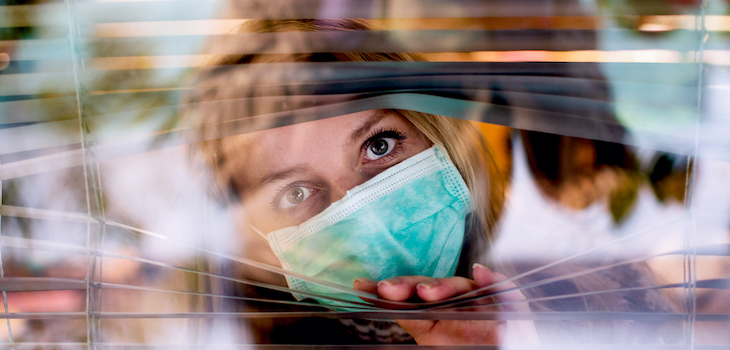It’s official! Updated in June 2019, the World Health Organization (WHO), in its adaptation of the new nomenclature, the Clinical Descriptions and Diagnostic Guidelines (CDDG) for ICD-11 (officially 2022) made inclusive Compulsive Sexual Behavior Disorder (CSBD) within the Impulse Control Disorder category. The label is meant to normalize the many terms previously applied including but not limited to, sex addiction, sexual compulsivity, hypersexuality, sexually compulsivity and out-of-control sexual behavior.
Some are familiar with the scopious ambivalence and controversy, extensive criticism and frequent opposition, regarding what has been previously referred to as “sex addiction” or “porn addiction” a term that describes not only a set of behaviors but a process. The dispute has not attacked so much the behaviors but the process and interpretation of those behaviors claiming dispute to the science, research, and language.
Nevertheless, and with great scrutiny, CSBD is now on the map, albeit under the impulse control category, validating not only the people who experience these challenges but the practitioners who have long been trying to treat them and help them overcome their pain.
Two papers, authored by WHO were recently published in The World Psychiatry Journal.
According to this Wiley paper, despite the fact that the disorder and its symptoms resemble the dependency similar to that of drugs/alcohol, it is parked under “impulse control disorder” because there exists a “lack of definitive information on whether the processes involved in the development and maintenance of the disorder are equivalent to those observed in substance use disorders and behavioral addictions.” Their claim for inclusions is harm and shame reduction for those that seek help.
Their description to date includes . . “repetitive sexual activities becoming a central focus of the individual’s life to the point of neglecting health and personal care or other interests, activities, and responsibilities; the individual making numerous unsuccessful efforts to control or significantly reduce the repetitive sexual behavior; the individual continuing to engage in repetitive sexual behavior despite adverse consequences such as repeated relationship disruption; and the individual continuing to engage in repetitive sexual behavior even when he or she no longer derive from it satisfaction from it.
Within the content of the ICD-11, there is “active input of multiple global stakeholders”. as stated in another Wiley paper, that compiled such results which indeed highlight the formerly noted highly debatable aspect of this diagnosis. In fact, CSBD received the highest number of comments (47) when compared to the other ICD diagnoses, and from a consistent group of individuals (14 of them). The submissions included antagonistic comments, accusations for financial gain for inclusion, a lack of neuroscience and various nosology (categorical) concerns; sounds like there was an attempt to include vs. not-include by various individuals/groups.
Despite the victory, for both patients and practitioners (at least some), the issue remains in debate and under scrutiny amongst professionals in the field. Nevertheless, it creates a recognizable language for those who struggle and who can now feel safer reaching out. Not every practitioner looks out of the same lens and there will always be some controversy but we need some structure from which to begin.






